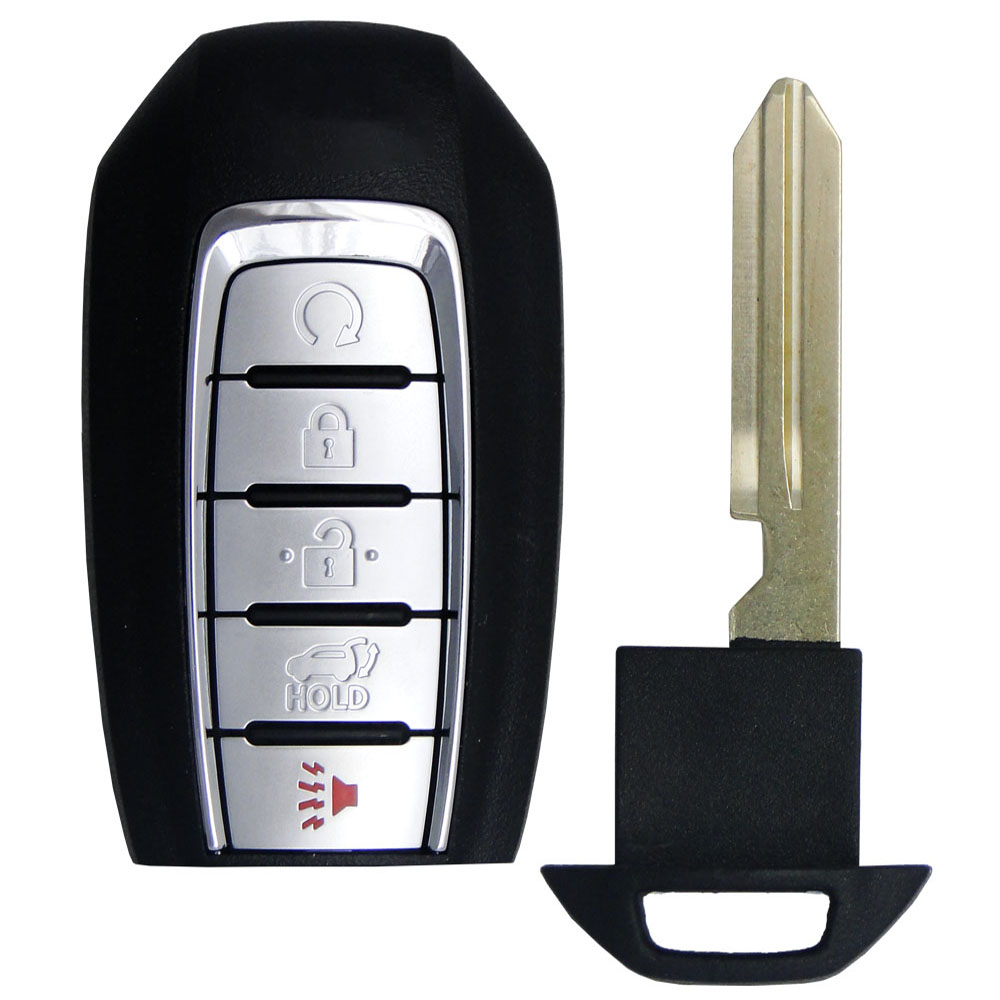Fob keys, also known as key fobs or proximity cards, have long been a staple in access control systems, providing convenient and secure entry to various spaces. As technology continues to advance, the realm of fob key technology is undergoing exciting innovations that promise to redefine user experience and security. In this article, we'll explore the latest advancements in fob key technology that users should be on the lookout for.

1. Biometric Integration:
One of the groundbreaking advancements in fob key technology is the integration of biometrics. Fob keys can now incorporate fingerprint, retina, or palm scanning technologies, adding an extra layer of security and personalization. This innovation ensures that access is not only convenient but also uniquely tied to an individual's biometric data, making unauthorized access even more challenging.
2. Smart Connectivity:
Fob keys are evolving into smart devices with enhanced connectivity features. Users can expect fobs that can communicate with smartphones or other smart devices, allowing for seamless integration with home automation systems, mobile apps, and even remote access control. This connectivity enhances user control and monitoring capabilities.
3. Wireless Charging:
Traditional fob keys often rely on batteries that require periodic replacement. The latest innovations include wireless charging technology, allowing users to recharge their fobs effortlessly. This not only reduces the environmental impact of disposable batteries but also ensures that the fob is always ready for use.
4. Dual-Frequency Technology:
To enhance compatibility, fob keys are now incorporating dual-frequency technology. This allows a single fob to operate on multiple frequencies, making it compatible with a broader range of access control systems. Users benefit from the flexibility to use their fob across various spaces without the need for multiple access devices.
5. Blockchain Security:
With a growing focus on cybersecurity, some fob key technologies are leveraging blockchain for enhanced security. Blockchain ensures secure and tamper-proof storage of access credentials, reducing the risk of unauthorized access or data breaches. This innovation brings a higher level of trust and integrity to access control systems.
6. User Customization and Personalization:
Advanced fob key technologies now offer users the ability to customize and personalize their access experience. This includes features such as assigning specific access levels, setting access schedules, or even adjusting the appearance and functionality of the fob according to individual preferences.
7. Environmental Sustainability:
In line with increasing environmental awareness, fob key technologies are incorporating eco-friendly materials and energy-efficient components. Additionally, some fobs are designed for recyclability, contributing to sustainability efforts in the access control industry.
8. Artificial Intelligence (AI) Integration:
The integration of AI into fob key systems enables predictive analytics and adaptive access control. AI algorithms can analyze user behavior, identify patterns, and adjust access permissions dynamically. This ensures a proactive and intelligent approach to security.
Conclusion:
As fob key technology undergoes rapid advancements, users can look forward to a future where access control is not only secure but also highly personalized and convenient. From biometric integration to smart connectivity and environmental sustainability, these innovations are reshaping the landscape of access control systems. Staying informed about these advancements allows users to make informed choices and embrace the cutting-edge technologies that align with their security and convenience preferences.

 Englishen
Englishen











 No.991 Xingxiu Road,Taiwanese Investment Zone, Quanzhou, Fujian Province,P.R.China
No.991 Xingxiu Road,Taiwanese Investment Zone, Quanzhou, Fujian Province,P.R.China +86 13960286508
+86 13960286508
 3D Reality Showroom
3D Reality Showroom
